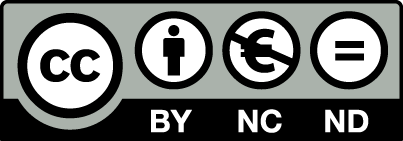Admissibility of the most favoured clauses (MFNs) on booking platforms in competition law
Rastislav Funta
Danubius University
2016 8 (4) Krytyka Prawa. Niezależne studia nad prawem
DOI 10.7206/kp.2080-1084.129








